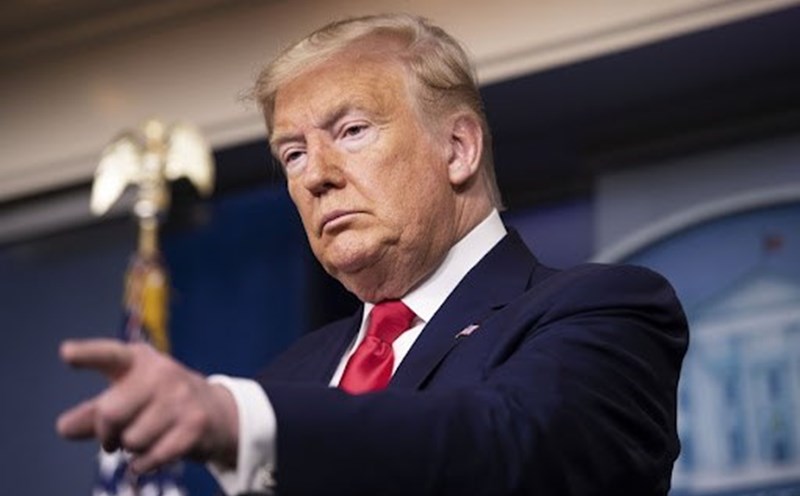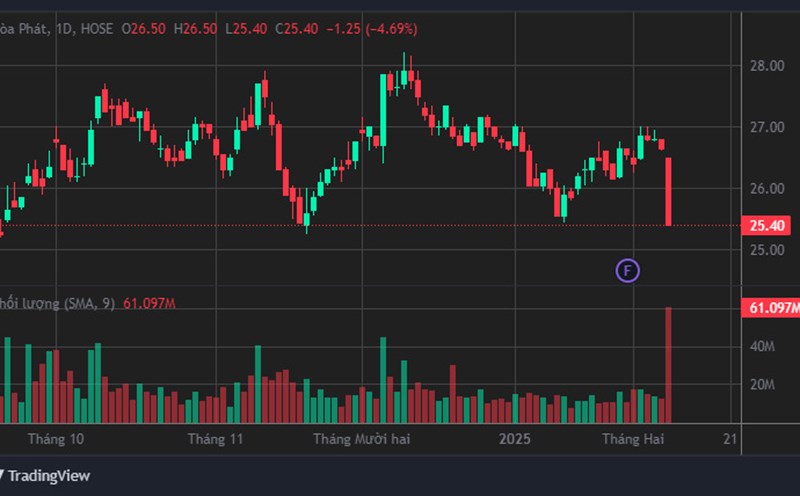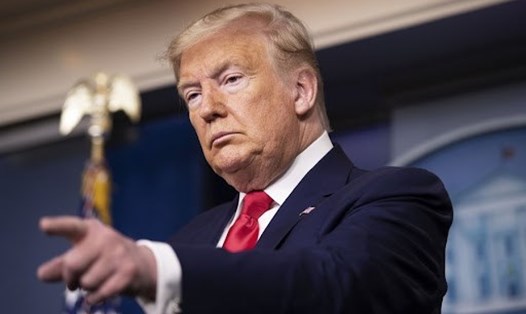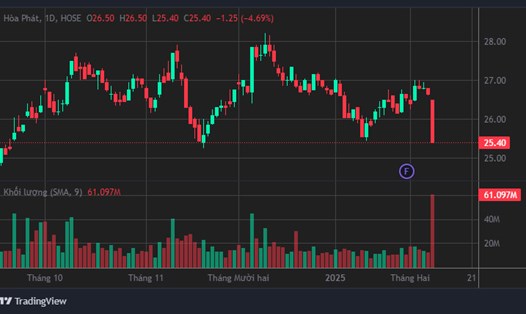Reuters reported that President Donald Trump said that he would officially announce the tax decision on October 10, and at the same time notify the reciprocal tax plan on 11 or 12.2, effective immediately. Immediately, based on the tax rate that other countries applied to American goods.
Canada and large steel exporters are affected
According to data from the US government and the US iron and steel institute, the largest steel supply of the US including Canada, Brazil, Mexico, Korea and Vietnam. With abundant hydroelectric power, Canada is the main aluminum supplier for the US, accounting for 79% of the total imports in the first 11 months of 2024.
During the first term, Mr. Trump imposed a 25% tax with steel and 10% with aluminum, but then exempted taxes to some trading partners such as Canada, Mexico and Brazil. President Joe Biden then continued to negotiate tax exemption quotas with England, EU and Japan. However, Mr. Trump's new statement did not clarify whether these exempts were still valid.
Mr. Trump announced that he would hold a press conference on 11 or 12.2 to provide more details on the reciprocal tax plan. He emphasized that the EU imposed a 10% tax on American cars, while the US car import tax was only 2.5%.
"Europe does not buy our cars, but they export millions of cars to the US every year," Trump said. However, the US is entitled to a 25% tax rate for pickup trucks, an important source of profit of major automobile companies like General Motors, Ford and Stellantis.
According to the World Trade Organization (WTO), the US average tax rate is 2.2%, much lower than 12% of India; 6.7% of Brazil; 5.1% of Vietnam and 2.7% of the EU.
The party is more damaged in the US -China tariff conflict
Unlike Canada and Mexico, countries that have delayed US tax imposition by negotiating with President Donald Trump, China chose to retaliate.
From 0h1 on 10.2 in Beijing time, China officially imposed tax 10-15% for natural gas, coal, crude oil and agricultural equipment from the US. China also opened an investigation to Google.
The Financial Times said that most analysts believe that the impact of these measures is not too big. But that is the goal of Beijing: just enough pressure to show resistance, without escalating tensions.
The aforementioned tax rate is less than 10% of the total imports from the US to China - a big difference from Trump's "simultaneous" approach. Moreover, targeting the energy industry shows that Beijing is taking advantage of the flexible market to reduce the impact on both sides. However, China's reaction is not without any effect; These tax rates will cause short -term damage to the US economy.
Expert Tianlei Huang from Peterson said that China does not want to spark a comprehensive trade war with the United States. External demand is very important to China's growth, especially when domestic demand is weak. Strong tariffs from the United States will blow strongly into the Chinese economy, especially jobs, salaries and consumer demand. Therefore, China is not beneficial to respond properly.









